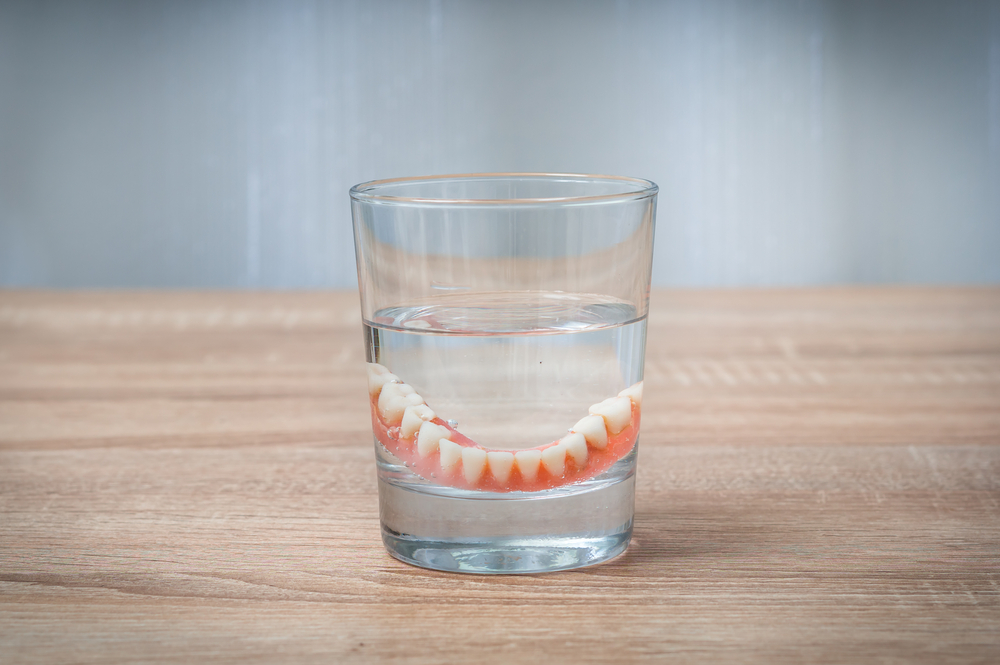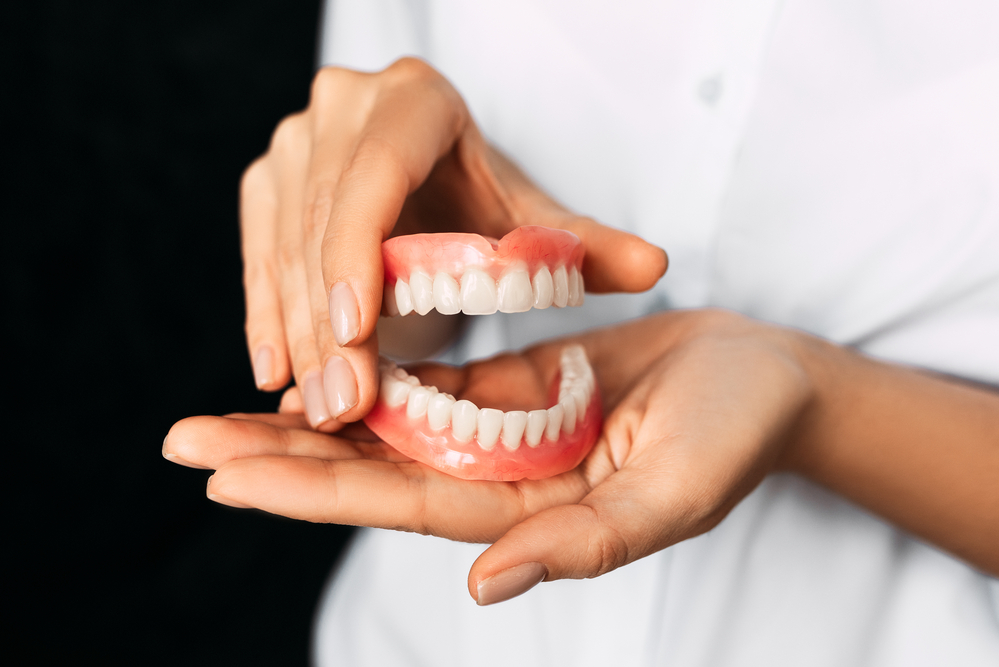Dental crowns are an important type of dental restoration used to restore teeth to their proper shape, size, and strength. As a patient, understanding what a crown is, the various reasons for needing one, the different types of crowns, the preparation process, placement process, benefits, and aftercare can help you make an informed decision about your oral care.
This article will provide you with the information you need to understand the importance of dental crowns and how they can help you maintain a healthy smile for years to come.
What Are Crowns
A dental crown is a cap-like restoration that is placed over an existing tooth to improve its shape, size, and strength. It is used to restore decayed teeth, strengthen weakened teeth, fix broken teeth, and protect teeth after a root canal treatment. Crowns come in a variety of types, including temporary crowns, permanent crowns, ceramic crowns, and metal crowns. The type of crown used depends on the patient’s needs and preferences.
The dental crown procedure typically involves two visits. During the first visit, the dentist will prepare the tooth by reshaping it, taking impressions, and selecting the appropriate crown. During the second visit, the dentist will place the new crown over the prepared tooth. The crown should fit securely and should match the patient’s natural teeth in colour and shape.
It’s important for patients to understand the importance of dental crowns and the importance of proper dental care. Crowns can provide improved strength and protection for natural teeth and can also help to restore the function of decayed teeth. With proper care, crowns can last for many years, helping to ensure a healthy, beautiful smile for years to come.
Reasons for Crowns
For many patients, dental crowns may be needed for a variety of reasons. These include restoring the shape and strength of a decayed or weakened tooth, protecting a tooth after a root canal treatment, and fixing a broken tooth.
Crowns are also used for cosmetic purposes. They can cover discoloured teeth or improve the appearance of a misshapen or damaged tooth.
Depending on the specific needs of the patient, various types of crowns are available. These include porcelain, zirconia, gold, or custom crowns.
Porcelain crowns are strong and natural-looking. They are often used to replace front teeth.
Zirconia crowns, on the other hand, are extremely durable and aesthetically pleasing.
Gold crowns are usually made of metal alloy and are used for back teeth, where strength is more important.
Custom crowns are crafted to match the patient’s exact specifications. They are ideal for those who want a completely unique solution.
Regardless of the type of crown, it is important for patients to understand the benefits and risks associated with dental crowns before deciding to move forward with treatment.
Types of Crowns
Furthermore, there are various types of crowns available to patients, including porcelain, zirconia, gold, and custom crowns.
Porcelain crowns are the most common type of dental crown treatment and are made of a ceramic material that is strong, durable, and tinted to match the patient’s natural tooth colour.
Zirconia crowns are a type of same-day crown constructed with a variety of materials and advanced technology, providing an effective and durable solution for dental restorations.
Gold crowns are made of metal structures that are fused together to create a strong, long-lasting crown that is easy to maintain.
Custom crowns are made of composite resin and are designed to fit the natural tooth structure perfectly, providing a beautiful and aesthetically pleasing result.
Depending on the individual’s needs and preferences, patients can choose from a variety of crown types that are engineered to last and restore their natural smile.
Preparing for Crowns
Before embarking on the crowning process, patients should be aware of the preparation required for a successful outcome.
To begin, it is important for the patient to have a dental visit and address any underlying dental issues, such as tooth decay. This is to ensure the dental crowns can be placed in the most effective manner.
Additionally, patients should take into account the type of dental crown they prefer, such as all-ceramic crowns or a traditional crown with dental cement.
Furthermore, the replacement tooth must be prepared for crown placement, and an experienced dentist can help provide guidance in this area.
Lastly, digital impressions may need to be taken to ensure the optimal aesthetic appearance of the crown and to ensure proper oral hygiene.
An experienced dentist can advise the patient on the best course of action to take when preparing for crown placement.
Process of Placement
Once the preparation process is complete, the next step in the placement of dental crowns is the actual crowning procedure. During this process, the dentist will select the best type of crown for the patient’s needs. This crown will be designed to fit over the remaining tooth structure and provide a natural appearance. The dentist will then take a dental impression of the tooth to create an exact replica of the tooth in order to design the crown. The crown will be made from gold alloys, porcelain, or a combination of both.
Once the crown is complete, the dentist will bond it to the prepared tooth structure. This will help to provide a secure fit and lower the risk of infection. The dentist will also inspect the crown to make sure it fits properly and does not cause discomfort. If the crown is loose or fractured teeth have occurred during the placement process, the dentist may need to redo the crown or start the process over.
At the end of the placement process, the patient can enjoy the benefits of having dental crowns. It is important for patients to understand that proper care for the crown is essential to maintain its durability and to ensure the best results from dental treatments.
Benefits of Crowns
Although there are various types of dental crowns available, the primary benefit of crowns is that they provide a secure fit and protect the remaining tooth structure. Crown placement is a common procedure, typically performed in a single dental appointment. Same-day dental crowns are available in resin, all-porcelain, and metal options. Resin crowns are perfect for front teeth, while all-porcelain crowns are best for molars. A tooth crown can also be used to restore a tooth that has been damaged due to dental decay or other trauma.
Crowns help to preserve the natural look of a tooth, and they are also durable enough to withstand the normal wear and tear of daily activities. At the dental office, the crown is made to fit the shape and size of the original tooth. Crowns can also help to prevent further tooth damage by providing a protective layer that covers the tooth.
Crowns are a great way to restore the health and beauty of a damaged tooth. They provide a secure fit, protect the remaining tooth structure, and help to preserve the natural look of the tooth. Crowns can be used to restore teeth that have been damaged due to dental decay or other trauma, making them an invaluable part of dental care.
After Care
Following a dental crown procedure, proper aftercare is essential to ensure the health and longevity of the restoration.
Patients should always follow the instructions of their dental professional to ensure the best possible outcome. For porcelain-coated crowns, patients should avoid any hard foods or candy that can chip the coating.
For stainless steel crowns, it is important to maintain regular visits to the dentist, as they may need to be replaced with a permanent crown. In addition, it is important to practice good oral hygiene, such as brushing and flossing, to ensure the health of the surrounding teeth and gums.
If the dental crown was placed to cover a root canal, it is especially important to attend regular visits to the dentist. The dentist may need to adjust the crown or take further measures to protect the root canal from infection.
For quality dental aftercare, patients should follow the instructions of their dental professional and attend regular visits for checkups and cleanings. This will allow the dental professional to evaluate the crown and make sure that it is in good condition. If any complications arise, the dentist can recommend appropriate treatment options.
Key Takeaways
Crowns can be beneficial for restoring damaged teeth, creating a uniform look, and protecting teeth from further damage.
They can be made from a variety of materials, depending on the patient’s needs and preferences.
The process of placing a crown can take multiple visits and requires careful preparation and aftercare.
With proper care and maintenance, a crown can help to preserve and protect a tooth for many years.
If you are looking for a skilled and experienced dentist to place a crown, look no further than Dr Pierre Dentistry in Edgecliff, NSW. With our professional team of dentists, you can be sure your crown will be made to the highest standards and last for many years to come. Contact Dr Pierre Dentistry today to discuss your options for restoring your smile and preserving your teeth.




